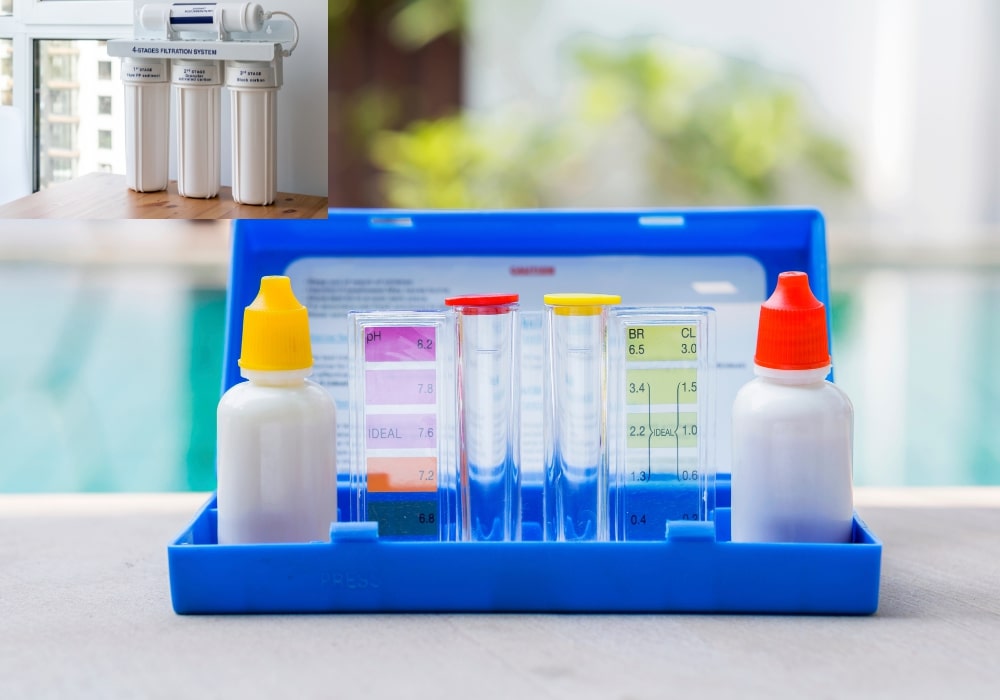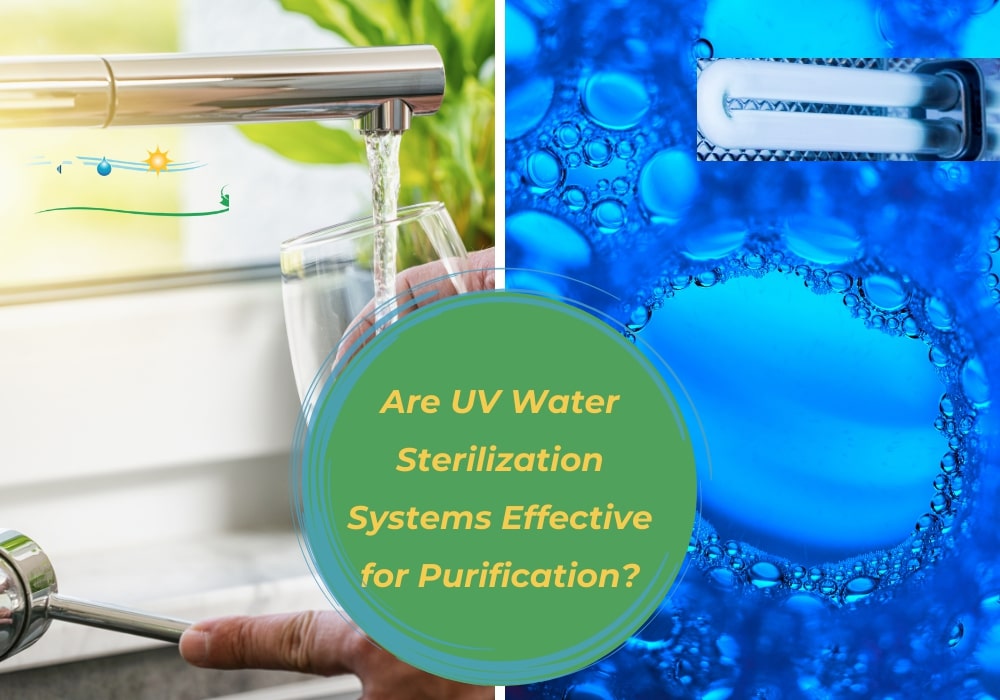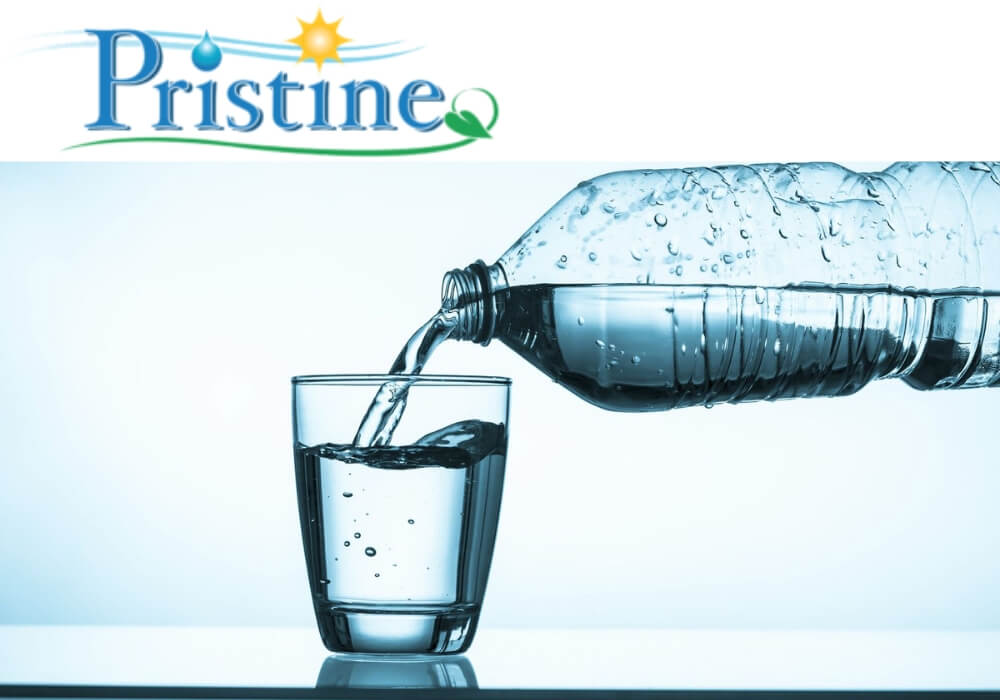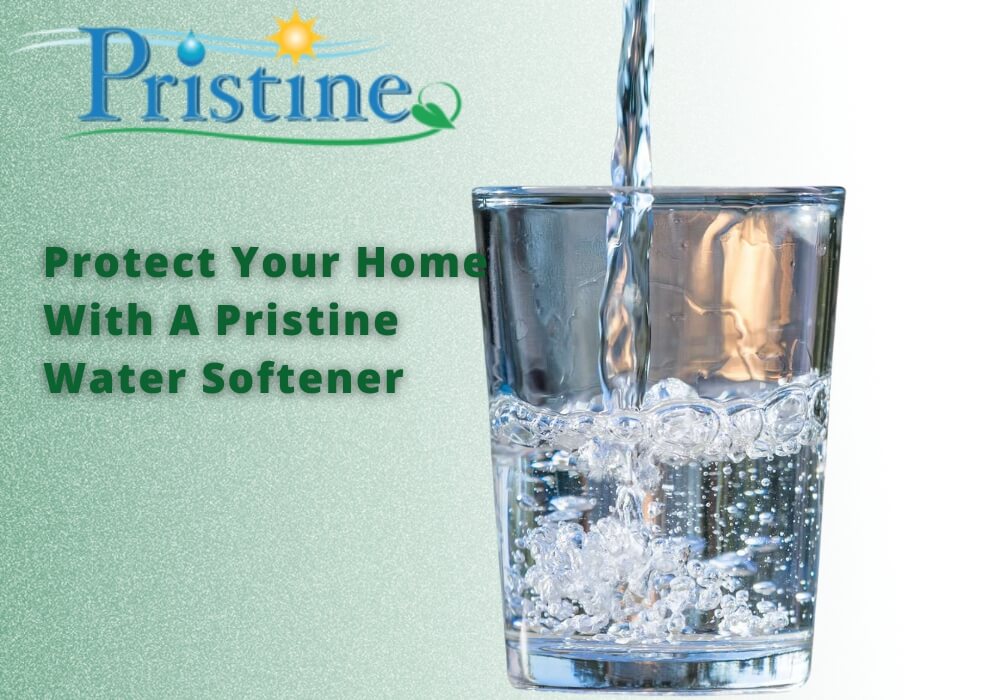Is Water Hardness Test Kit Needed with a Water Softener?
Say goodbye to hard water problems with simple solutions. Improve your water quality with easy fixes and professional support! If you notice hard water symptoms such as scaling on faucets or soap scum, then your next step is to test the hardness of your water. This way, you discover the water softener that is appropriate for your living space. When you check the water and have seen what makes up, after that, you can locate a method to treat it as well as obtain soft water. What Is Hard Water? Hard water is water that contains high levels of minerals, mainly calcium and magnesium. As water moves through the ground, it picks up these minerals, making it harder. You might notice hard water when washing your hands, as it can leave a sticky feeling due to the minerals. It can also cause white spots on dishes and a chalky residue on faucets. Here are a few key points about hard water: Hard water forms naturally as rainwater or river water moves through the ground. It picks up minerals like calcium and magnesium from rocks and soil. Areas with more limestone tend to have harder water. Hard water can leave spots on dishes and a layer of residue on fixtures. What Are the Effects of Hard Water? Hard water damages appliances and plumbing. It also causes dryness and irritation to the skin and hair. One of the biggest issues with hard water is how it harms your home’s appliances and plumbing. When hard water moves through pipes, water heaters, and appliances, it leaves behind minerals. Hard water can also affect your skin and hair. It can make skin feel dry and itchy. It can worsen issues such as eczema, especially for those with sensitive skin. Is Hard Water Safe to Drink? Hard water is safe to drink and contains higher levels of calcium and magnesium. It does not pose any health risks. Water quality is influenced by several factors, including the source of the water, the minerals present, and whether the water is hard or soft. Hard water contains higher levels of calcium and magnesium, which dissolve into the water. Is hard water safe to drink? Yes, both hard and soft water are safe to drink. Here are some important details: Hardness is measured by calcium content: Water hardness is determined by how much calcium is in the water supply. No health concerns: Drinking hard water does not pose any known health risks, so there is no specific level of hardness that is considered unsafe. Safe for daily use: Hard water is perfectly safe for drinking, cooking, and other household uses. What Are the Types of Water Test Kits? A hard water test kit to measure your water hardness level comes in many shapes and forms. In this instance, the appropriate type for you to use will depend on how accurate of a result you are looking for as well as how simple of an approach you want. Below are the most common types of water hardness test kits explained in simple terms. Test Strips Water test strip is the easiest and cheapest option for the water hardness test kit. These strips look like small paper strips, and they change color when dipped into water. You simply dip the strip in your water for several seconds before holding it up to a chart included with the kit. The color will show you how hard or soft your water is. While test strips are handy, they might not be the most accurate means of measurement Liquid Test Kits Liquid test kits are more precise than test strips. With these, you add drops of a liquid chemical (called a reagent) into a sample of your water. The color of the water will change and you want to count how many drops it takes before this happens. The number of drops tells you how hard your water is. This type of water hardness test kit is still fairly simple to use but gives more accurate results than test strips. Digital Water Testers Digital water testers are more high-tech and provide exact readings. You simply place a probe in your water, and the device displays the hardness level on a screen. These testers can measure the exact hardness in parts per million (PPM) or grains per gallon (GPG). Digital testers are very precise, but they are usually more expensive than test strips or liquid kits. Professional Laboratory Tests Get your water sample tested professionally for the most accurate and in-depth results. We only need this for specific day-to-day testing, but it has utility if you care about other types of contaminants in your water besides hardness. Lab tests are more time-consuming and cost more as they provide a complete analysis of your water way better than the home test kits Why Is Regular Water Testing Important? No matter which kit you choose, regular water testing is important. It ensures your water softener works properly. If you just want to check your water hardness quickly and easily, test strips or liquid test kits are great options. They are cost-effective and easy to use. If you want more accurate results and don’t mind spending a bit more, a digital water tester is a good investment. For the most detailed information about your water quality, especially if you’re concerned about contaminants, a professional lab test is the best choice. How to Fix Hard Water? Having a water softener is the most practical solution (and in my opinion inexpensive) to solve your hard water problem. Water softeners work by removing hard minerals like calcium and magnesium from the water, in exchange for sodium or potassium. This makes the water soft and prevents buildup in pipes and appliances. Descaling devices change how minerals behave in water, so they don’t stick to surfaces. However, they don’t remove the minerals as water softeners do. Choosing Your Water Softener Things to consider when choosing a water softener: Household size is important because





